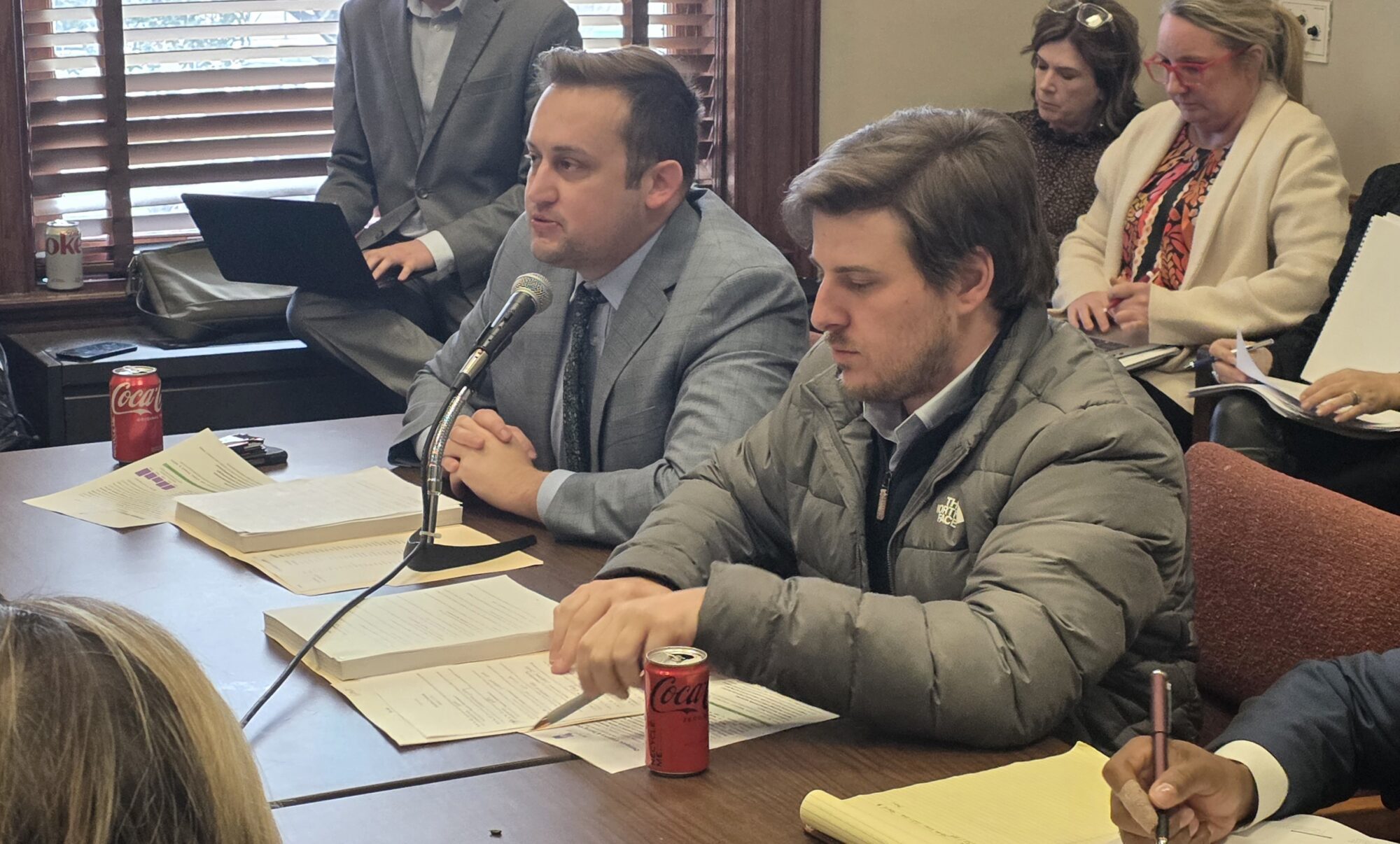
To the angel of the church in Ephesus write: “The words of him who holds the seven stars in his right hand, who walks among the seven golden lampstands. I know your works.” – Revelation 2:1-2
Jesus knows you.
The letter to the church in Ephesus is the first of Christ’s seven letters to the first-century churches in Revelation 2 – 3, and each begins, “I know…” Jesus knew and understood these early believers’ circumstances. When it came to their successes and their struggles, their trials and their tribulations, He was deeply aware and concerned, and He wrote to each church specifically about the context in which it found itself (Revelation 2:9, 13, 19; 3:1, 8, 15).
Pause for a minute and think about the nature of that phrase, “I know your works.” Who knows you? Perhaps you might think of your spouse, your children, or your boss. But ultimately, “Who knows a person’s thoughts except the spirit of that person, which is in him?” (1 Corinthians 2:11). The only one who truly knows is the one who, through the apostle John, wrote this letter.
The psalmist, understanding this, marveled:
O LORD, you have searched me and known me!
You know when I sit down and when I rise up;
you discern my thoughts from afar …
Even before a word is on my tongue,
behold, O LORD, you know it altogether …
Such knowledge is too wonderful for me;
it is high; I cannot attain it. (Psalm 139:1-2, 4, 6)
Christ’s letters to the first-century churches are historical, written to real churches in real places, with real men, women, and families living at a certain point in time. Yet the specific issues which the Lord addressed are timeless: believers enjoying a sense of triumphant expectation or dealing with failures in their Christian pilgrimage; struggling converts who had begun well but had slidden into laziness; congregations that were once known for their vibrancy and genuine commitment to Christ and His people becoming dreadfully complacent. These specifics are not unfamiliar to us; neither are they unknown to Jesus.
There is an awesomeness about the simplicity of this phrase, “I know your works,” that is relevant to the gatherings of God’s people in which we find ourselves today. The risen Christ looks upon us, and He says, I know. Come before Jesus today, then, with honesty and openness. He already understands, and, through His word, He wants to speak directly with you about the situation in which you, too, find yourself.










